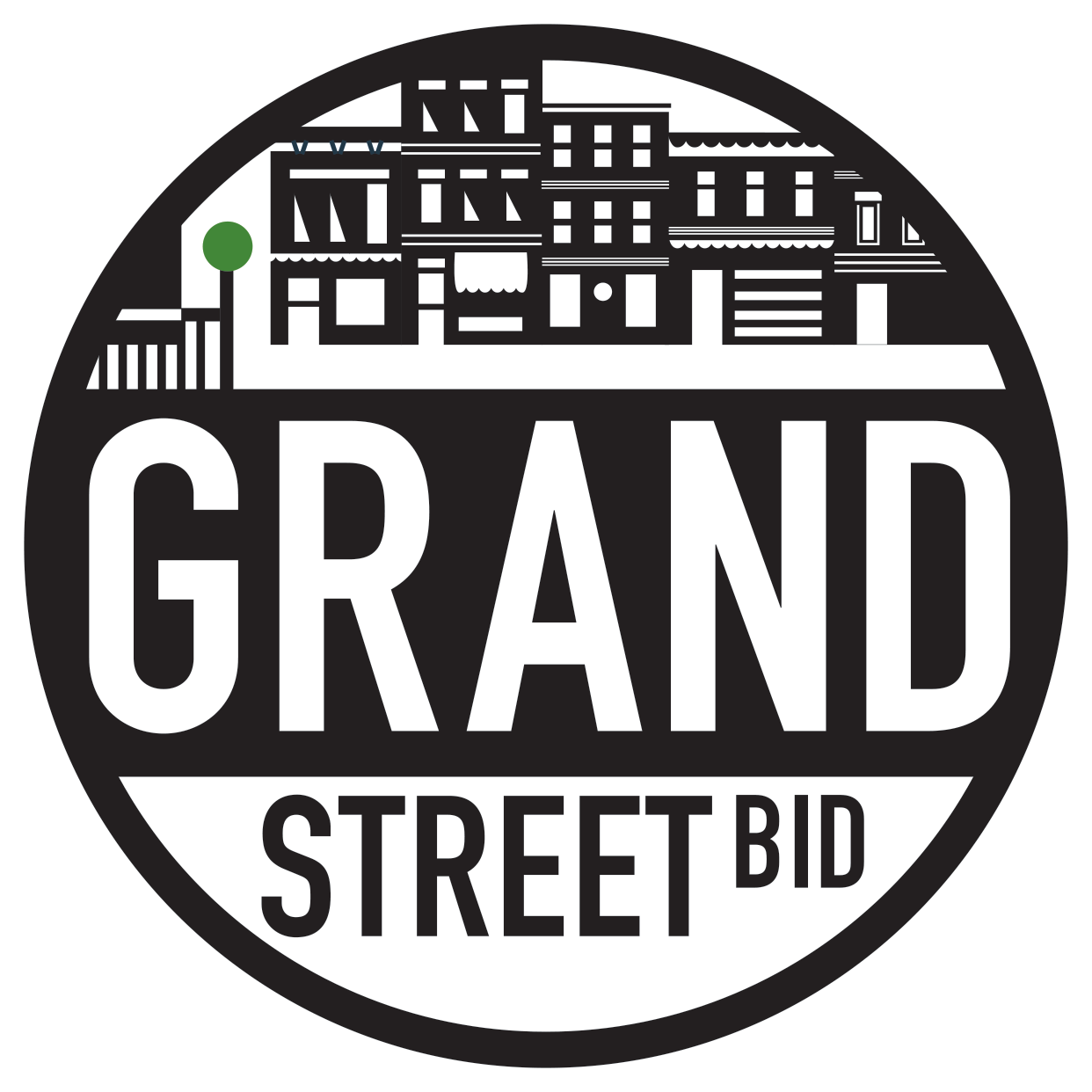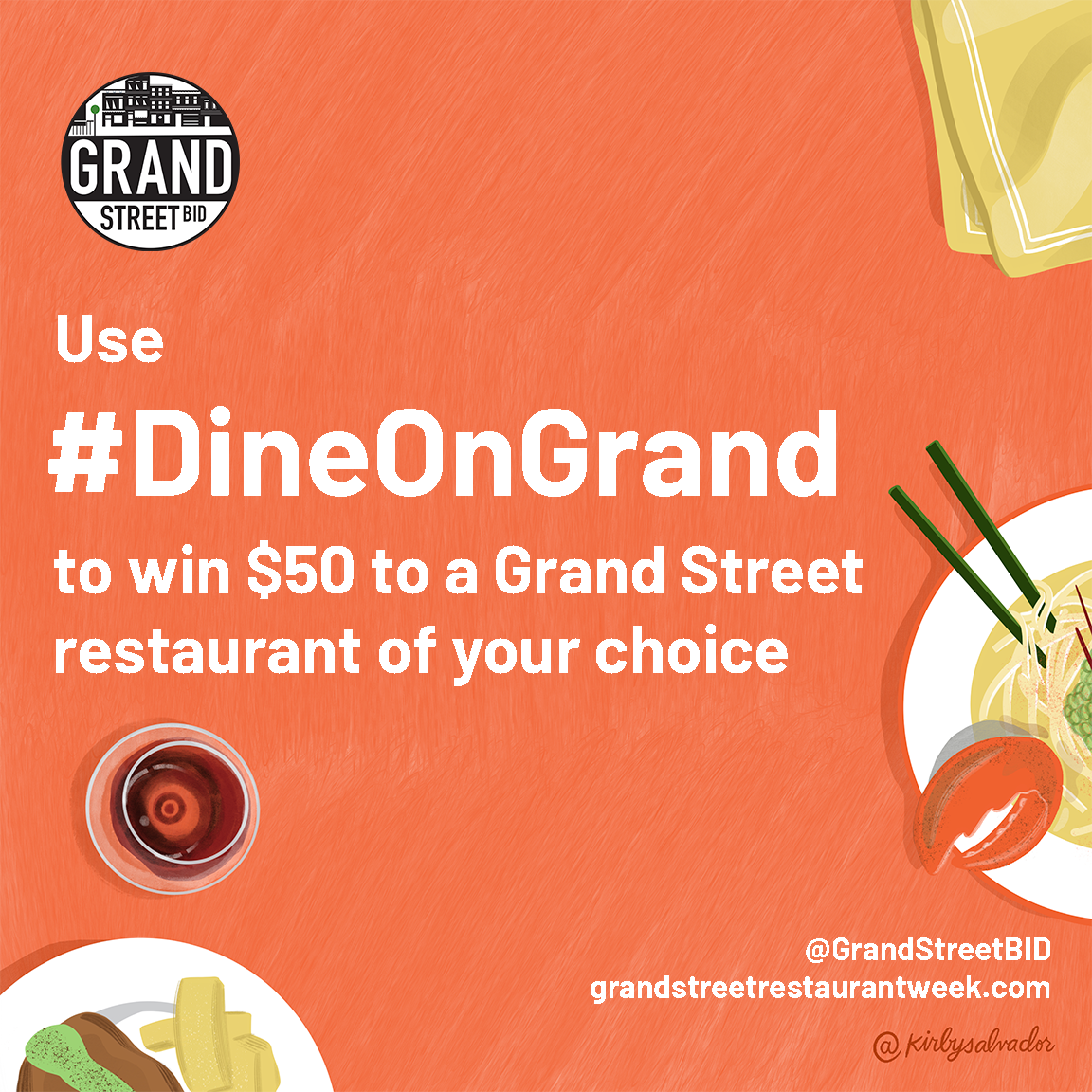Effective at the beginning of March, NY State has banned many retail stores from using or providing plastic bags for customer transactions. There are however notable exceptions to the new legislation for businesses such as carry out food orders, bags for pharmaceutical prescriptions, and more. To get clear on what the bag ban means and how it may effect you or your business, read the information compiled below.*
For Businesses:
Businesses that are not exempt from the law are required to provide paper bags to consumers and must charge a 5 cent paper bag fee per bag. SNAP and WIC recipients are exempt from this fee. Businesses must show the transaction of the paper bags clearly on receipts and shall state the number of bags provided to the customer. The paper carryout bag reduction fee must be reported and paid to the state commissioner of taxation and finance on a quarterly basis.
Q: Which retailers are no longer allowed to provide plastic bags?
A: Any business required to collect tax will no longer be able to provide plastic carryout bags. This includes but is not limited to: clothing stores, convenience stores, drug stores, green carts, grocery stores, hardware stores, liquor stores, office supply stores, pharmacies, and food service establishments located within the above stores.
Q: What does the term "plastic carryout bag" mean? Does this include all plastic bags?
A: As provided in proposed Part 351 draft regulations 'Plastic carryout bag' means any film plastic bag, other than an exempt bag, that is provided to a customer by a person required to collect tax to be used by the customer to carry tangible personal property, regardless of whether such person required to collect tax sells any tangible personal property or service to the customer, and regardless of whether any tangible personal property or service sold is exempt from tax under Article 28 of the New York State Tax Law.
Q: What is an "exempt bag"?
A: Provided by a restaurant, tavern, or similar food service establishment, as defined in the state sanitary code, to carry out or deliver food; Used as a garment bag, such as those used by a dry cleaner or laundry service; Used solely to contain or wrap uncooked meat, fish, seafood, poultry, or other unwrapped food, flower, or plant items; Used by a customer solely to package items from bulk containers, including fruits, vegetables, grains, candy, small hardware items (such as nuts, bolts, and screws), live fish, or live insects; Used solely to contain food sliced or prepared to order; Used solely to contain a newspaper for delivery to a subscriber; Sold in bulk quantities to a consumer at the point of sale that were specifically prepackaged; in a manner to allow for bulk sale (for example, quantities of bags prepackaged in individual pre-sealed boxes) or prepackaged in individual boxes or containers for sale to a customer; Sold as a trash bag; Sold as a food storage bag, such as those in snack, sandwich, quart, and gallon sizes; Provided by a pharmacy to carry prescription drugs. If an item or circumstance falls under the exempt bag list then it is not affected by the ban.
Businesses affected by the plastic bag ban and paper carryout bag reduction fee should make preparations as soon as possible. Order paper bags, prepare to have reusable bags available for sale, and make sure your receipts reflect the paper bag fee correctly. Information about fee reporting is available from the NYS Department and Tax and Finance.
The law goes into effect March 1st, 2020. There is no grace period. The first offense for noncompliance will be a warning, but a second offense will be a monetary fine.
For shoppers:
In transactions not involving exempt bags, businesses will either provide you paper bags with a fee of 5 cents per bag or you can bring your own reusable bag at no cost. WIC and SNAP recipients will not be charged a fee for using paper bags.
Please direct questions to NYS DEC at 518-402-8706
More information can be found here from the NY DEC.
Gothamist has also provided a guide for navigating the ban.
* Information compiled by Jerome-Gun Hill BID.
























